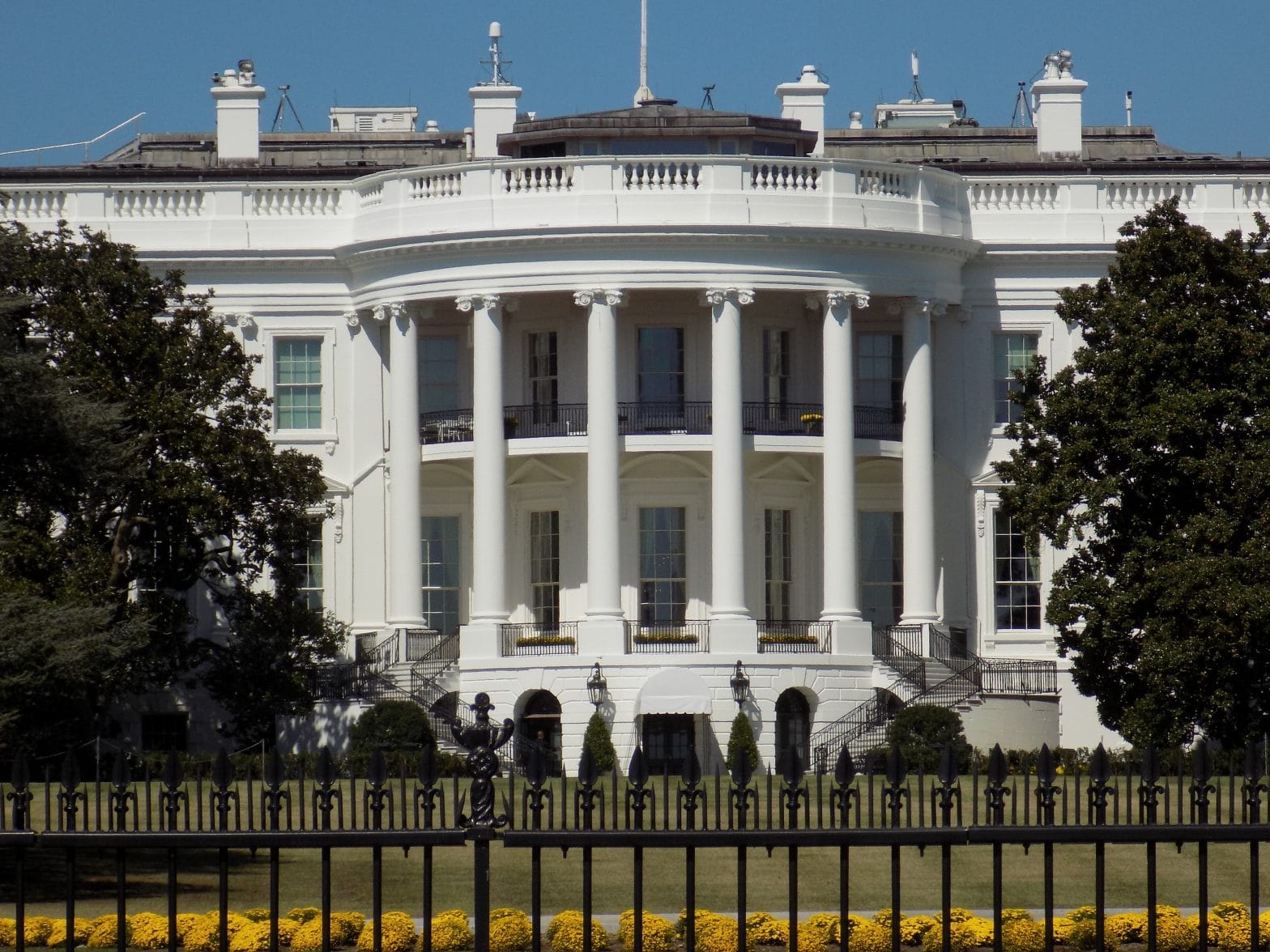The Uncertainty of Government Run Healthcare

WASHINGTON – Accustomed as they are to believing government can do a great deal of good for a great many, serious Democrats have grown increasingly concerned over the potential long-term ramifications of Medicare for all proposals.
While it’s easy — and perhaps hopeful — to view President Donald Trump as an aberration on the American stage, no one can say for certain that there will never be another administration with a Trump-like figure in Oval Office or a vice president like Mike Pence, two men who are testing boundaries every day.
It’s ironic then that a few Democrats on the far left have reacted to the present by espousing a health care policy that could give such an administration even more power over Americans’ health care choices in the future.
Despite all the evidence to the contrary provided by the Trump White House, proponents of so-called single-payer plans like Medicare for all are intent on putting a national health care policy in place based on the total faith that government and government actors will always implement the law in good faith.
While there are arguably many lessons that can be drawn from the election of President Donald Trump, one that’s often overlooked is that he’s not necessarily a singular occurrence. At some point in the nation’s future, someone similar — or from the Democrats’ perspective, even worse, could again be elected president.
Somewhere down the line there might very well be another president like Trump in charge of the program, gaming the rules, and making Americans’ personal medical decisions for them.
What many find most troublesome is that the mechanism for this situation coming to pass is written into the text of H.R.1384, Medicare for All Act of 2019, introduced by Reps. Pramila Jayapal, D-Wash., and Debbie Dingell, D-Mich., in February.
The bill states that the Secretary of Health and Human Services, a presidential appointee, will be empowered to determine what treatments are “medically necessary or appropriate for the maintenance of health or for the diagnosis, treatment, or rehabilitation of a health condition.”
One area that is of particular concern, given the current political environment, is safeguarding a woman’s right to make her own health care decisions.
Proponents of Medicare for all maintain the bill would unwind the Hyde Amendment, the 1976 law that bars the use of taxpayer funds to pay for abortion except to save the life of the woman, or if the pregnancy arises from incest or rape.
But the bill offers no such assurances for restrictions adopted by a future administration after the enactment of Medicare for all, nor does even explicitly mention abortion, instead, making fleeting reference to coverage of “comprehensive reproductive, maternity, and newborn care.”
And as one moderate Democrat recently noted: “Reproductive care means something totally different to Mike Pence than it does to any Democrat.”
This point was driven home by a recent special report by Reuters that looked at the vice president’s outsized influence over federal health care programs.
As a member of Congress and governor of Indiana, Mike Pence pushed to reshape public health, building his policies from his Christian religious views.
“Now as vice president, Pence has a broader platform to push changes domestically and abroad,” the report says.
It goes on to detail how the Trump administration — “in a sweeping social policy shift” — has sought to remake health care rules for women and gay and transgender people, “restricting access to abortion, curtailing support for contraception and narrowing the scope of civil rights in healthcare.”
While the Trump administration very publicly failed to repeal and replace the Affordable Care Act, Pence has been quietly working behind the scenes to effect changes to health care policy in accordance with his evangelical Christian desire to restrict abortion and prioritize the rights of religious conservatives.
For instance, Reuters noted, under the direction of two secretaries recommended by Pence, the Department of Health and Human Services has moved to slash funds from teen pregnancy-prevention programs, curb abortion both in the United States and abroad and strip civil protections for transgender patients.
The administration has emphasized abstinence programs, led by appointees who believe contraception harms women, and pushed to cut government funds for Planned Parenthood – a longtime cause for Pence while he was in Congress.
More recently, the administration’s new Office of Conscience and Religious Freedom has unveiled a final “conscience rule” to strengthen protections for healthcare workers who object to performing abortions and sterilizations or treating gay and transgender patients.
Emboldened by this activity, the new conservative majority on the Supreme Court, and the large number of Trump nominees the Senate has approved for federal district and appellate court seats, a number of conservative states, mostly in the Deep South, have passed laws in that nearly outlaw abortion.
The resulting legal challenges are now working their way through the legal system, though their ultimate outcome far from certain. And it’s entirely likely the federal judiciary will move even further to the right before the end of President Trump’s current term.
At present, the Affordable Care Act provides most Americans with protection from these changes. Unfortunately, Medicaid and Medicare recipients do have to comply with the administration’s changes in policy.
These issues aside, the broader concern is how much the Medicare for all bill leaves open to interpretation.
The bill empowers the HHS Secretary to annually evaluate the program to determine “whether the benefits package should be improved or adjusted” there’s considerable apprehension around the possible that what is deemed medically necessary under the Act by very well change as political power changes in Washington.
A recent analysis by the Kaiser Family Foundation concluded in general, Medicare for all would provide “comprehensive benefits,” accounting for health care needs as “medically necessary or appropriate.”
That means covering hospital and doctor visits, but also, for instance, mental health, maternity services, addiction treatment, pediatrics and medications.
But the foundation noted coverage under Medicare for all gets murky pretty quickly.
Again, because the Department of Health and Human Services would have significant discretion in interpreting what specific services are medically necessary, the politics and even the status of scientific debates over procedures and treatments could play a big role in what’s covered, “even from administration to administration,” the foundation noted.
As Dr. Adam Gaffney, a doctor and president of Physicians for a National Health Program, a single-payer advocacy group that supports the legislation, told the foundation, even “reasonable people could disagree on certain things.”
Which gets back to the larger philosophical question many Democrats are now grappling with — how do you hold on to your belief that government can do good things for American people when you’re living through the worst case scenario right now?
One way, centrist Democrats suggest, is to advance health care policies that don’t give up inherent protections Americans need.
And that means acknowledging that when it comes to something as personal as health care, the government can’t control every aspect; there have to be limits, some form of checks and balances, to ensure health care policy is not subject to political whim.

























